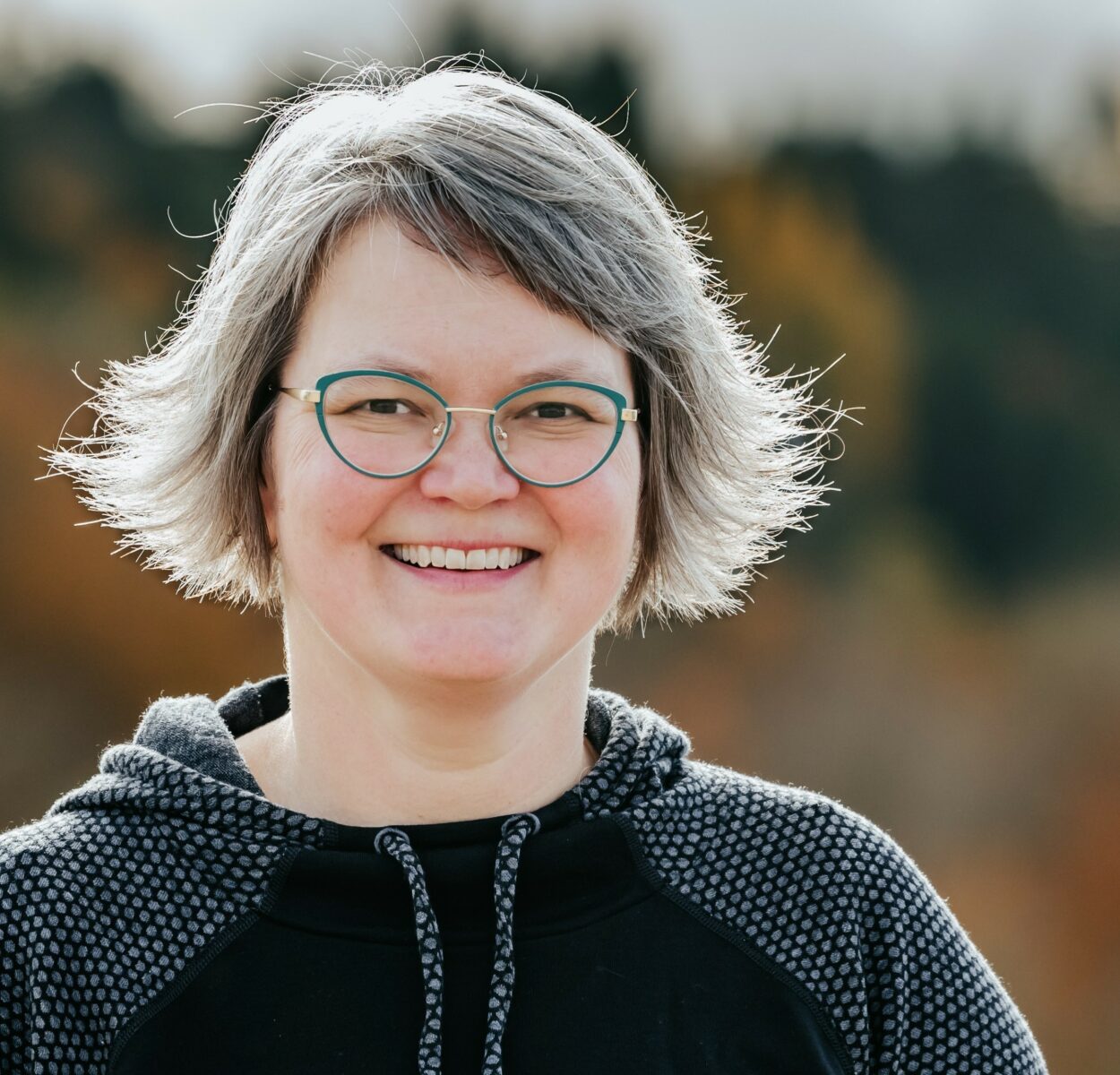
Restoring Natural Water Storage as a Strategy to Buffer Climate Change Impacts
Throughout the U.S. Pacific Northwest (PNW), droughts and floods are becoming more frequent and more extreme, with consequences for wildfire, forest health, aquatic habitat, infrastructure, and agricultural water availability. Warming temperatures are diminishing the spatial extent and duration of snowpack, with snow melting earlier in the year and a greater fraction of winter precipitation falling as rain instead of snow. This shifting hydrograph exacerbates winter flood events and summer drought conditions. This warming-driven shift toward earlier and more rapid export of water from watersheds is further amplified by legacies of land management in the PNW that have impaired natural water storage functions. As one strategy to address future hydrologic extremes, nature-based solutions aim to increase the storage of water on the landscape by slowing its conveyance downstream or back to the atmosphere. Furthermore, a key tenant of nature-based solutions is that by working to accommodate and restore natural processes, these solutions create social and ecological co-benefits, while also reducing the vulnerability of both people and nature. This talk will explore the state of knowledge and current work around the effectiveness and co-benefits of nature-based solutions that range from upland forest thinning to valley-bottom floodplain re-connection.
Susan is the Director of the University of Washington Climate Impacts Group, which builds climate resilience by advancing understanding of climate risks and enabling science-based action to manage those risks. Susan’s professional background includes applied research and environmental consulting, and she is passionate about watershed science and co-creating climate adaptation strategies with stakeholders. Susan earned a PhD in Hydrology from UW and is currently an Affiliate Assistant Professor in the Department of Civil and Environmental Engineering. Susan also has research interests and background in geomorphology and hydrogeology and holds degrees in Geology from the College of William and Mary and Western Washington University and is a Washington State Licensed Hydrogeologist. Before joining the Climate Impacts Group in 2025, she served as Principal Hydrologist at Natural Systems Design, a Washington-based environmental consulting firm, where she worked with community partners to develop aquatic habitat restoration projects and watershed resilience strategies.
